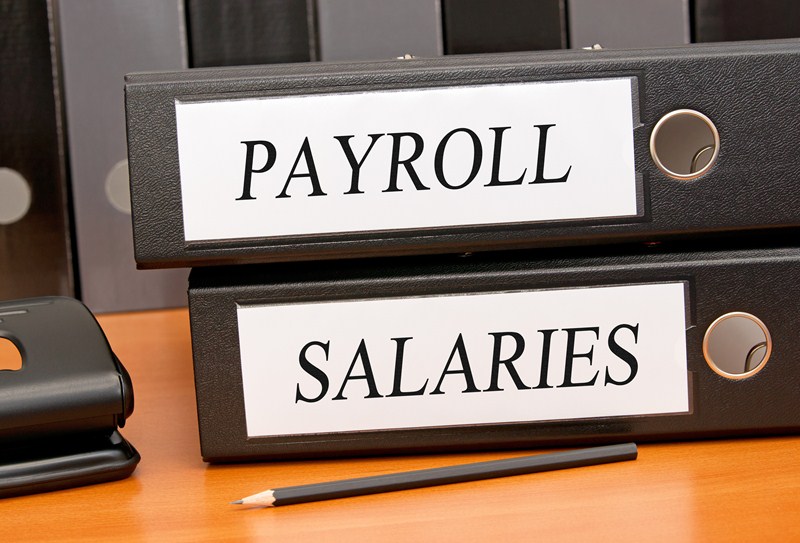HMRC’s Childcare account can be used to claim free childcare (if eligible) or pay for Tax-Free Childcare. HMRC’s sign in page for the account states that in order ‘…to keep getting free childcare or Tax-Free Childcare, you must sign in every 3 months and confirm your details are up to date’.
There are various eligibility rules that must be met to claim free childcare via the Childcare Account. As a starting point you must be the parents of a child two, three or four years old and living in England. From September 2024, the scheme will be extended for children of working parents from the age of 9 months. You can apply from 12 May 2024. There are different schemes in Scotland, Wales and Northern Ireland
The Childcare Account can also be used to claim under the Tax-Free Childcare (TFC) scheme. The TFC scheme can help parents of children aged up to 11 years old (17 for those with certain disabilities). The TFC scheme helps support working families with their childcare costs. There are many registered childcare providers including childminders, breakfast and after school clubs and approved play schemes signed up across the UK. Parents can pay into their account regularly and save up their TFC allowance to use during school holidays.
The TFC scheme provides for a government top-up on parental contributions. For every £8 contributed by parents an additional £2 top up payment will be funded by Government up to a maximum total of £10,000 per child per year. This will give parents an annual childcare savings of up to £2,000 per child (and up to £4,000 for disabled children until the age of 17).
The TFC scheme is open to all qualifying parents including the self-employed and those on a minimum wage. The scheme is also available to parents on paid sick leave as well as those on paid and unpaid statutory maternity, paternity and adoption leave. In order to be eligible to use the scheme, parents will have to be in work at least 16 hours per week and earn at least the National Minimum Wage or Living Wage. If either parent earns more than £100,000, both parents are unable to use the scheme.












